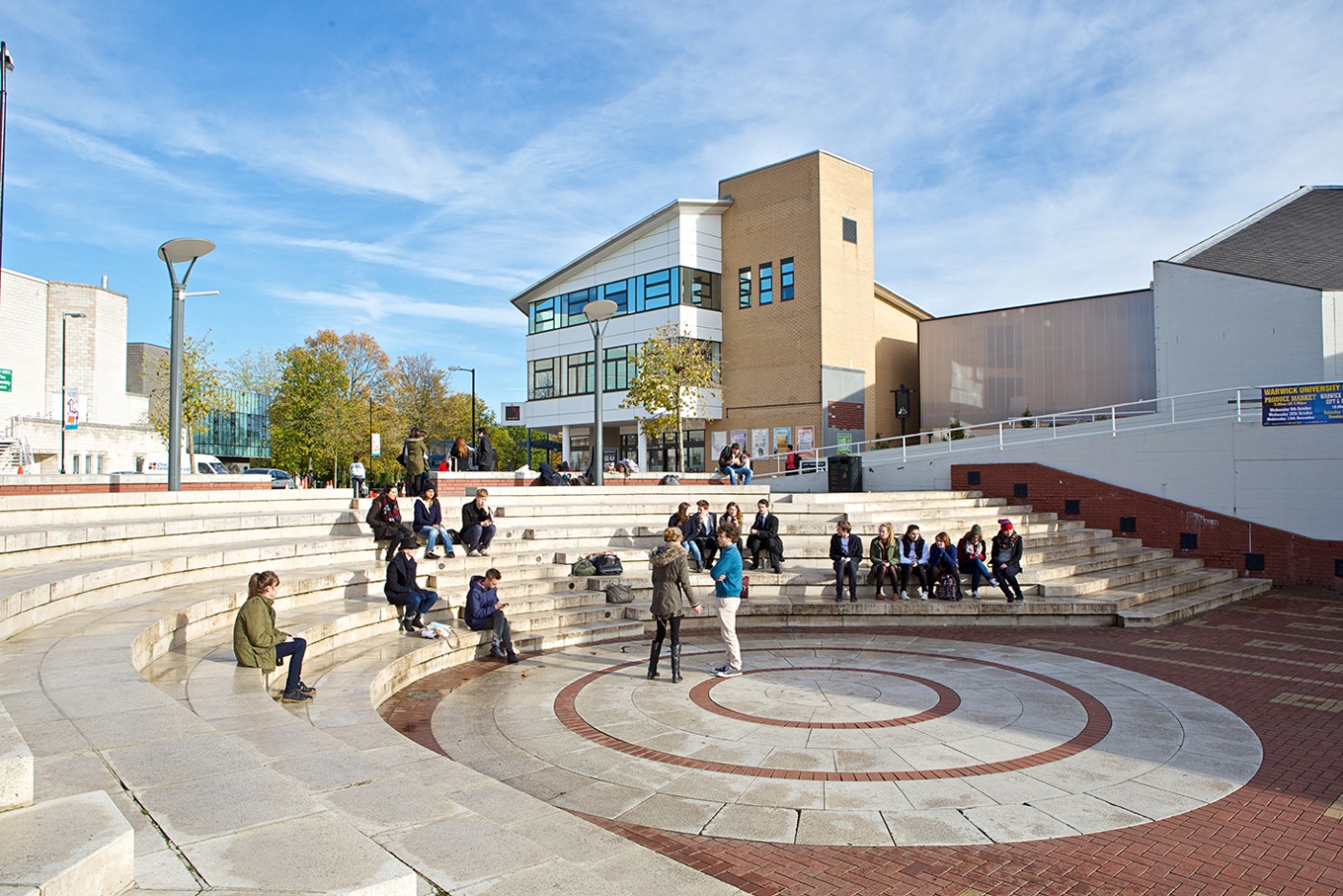Is Warwick’s response to coronavirus satisfactory?
The novel coronavirus has become exceedingly alarming. Businesses and establishments around the nation are closed and the country is effectively shutting down in an effort to restrict the spread of the virus.
The University of Warwick this week suspended all non-critical activities on campus and closed all its buildings and facilities, including the library. This comes at a time when social distancing and staying home is encouraged not only in the UK but around the world to curb the rise of the virus. A move to remote and online working is being made, with face to face exams and classes being cancelled. Given the rising severity of the virus, these measures are necessary and could well prove to be an important factor in ensuring student and staff safety and preventing an even greater rise in coronavirus cases.
Given the severity of the situation, Warwick has made commendable effort
With the massive uncertainty around the whole situation, as well as the threat to health and safety, a complete shutdown is the only way to go. Self-isolating and avoiding any social contact is key to curbing the spread of coronavirus. As little as two weeks ago, in week 10 of term, the university and indeed the UK itself were unsure of how to deal with the situation; lectures and seminars were going on as normal, the library was busy, and the university, while urging caution, had still not taken any drastic steps. This is forgivable; the situation was still new and confusing. The UK did not have many cases, and students themselves did not consider it to be serious. But over the next few days, as coronavirus cases mounted and the government started taking severe measures, term 3 was, at least physically, cancelled.
Lectures and exams went online, and students were encouraged to go to their permanent homes, with full support from the university. This signalled a massive shift in the response to the virus, but as could be expected, led to a lot of confusion too. Currently, no one is sure when, or even if, the university will reopen. Leamington, the home for many students after their first year and a buzzing student town, was deserted almost immediately. Many who left their homes are unsure if they will even come back. No university means no students. So, while this may be a sad and unexpected end to term, it is certainly the most effective, in fact the only effective, method of curtailing the spread of the virus.
Expecting students to pay £9,000, with more than twice that from international students, is a massive disservice to worried and dispersed students
The university has given effective guidance on how the exams will now take place, at least they have for the Law School, which will see open-book online exams with a 24-hour time limit. Other departments have followed suit. But amongst other things, students are concerned about graduation. As of now, it is unsure whether graduation will even go ahead, but it looks likely that it might be done online, as some other universities are doing. Or it could be postponed. This is all speculation, and while it is understandable that the situation is so uncertain, the university should give some sort of reassurance and ease concerns on this.
Another thing Warwick should do is forego student fees. With no face to face teachings or exams, and strikes having already impacted both terms 1 and 2, students have lost a significant portion of their study time. Expecting students to pay £9,000, with more than twice that from international students, who won’t even be attending the university they will be paying for, is a massive disservice to worried and dispersed students.
Given the severity of the situation, Warwick has made commendable effort. But alongside student safety, student interests must be respected, and more guidance and further information is still needed.

Comments